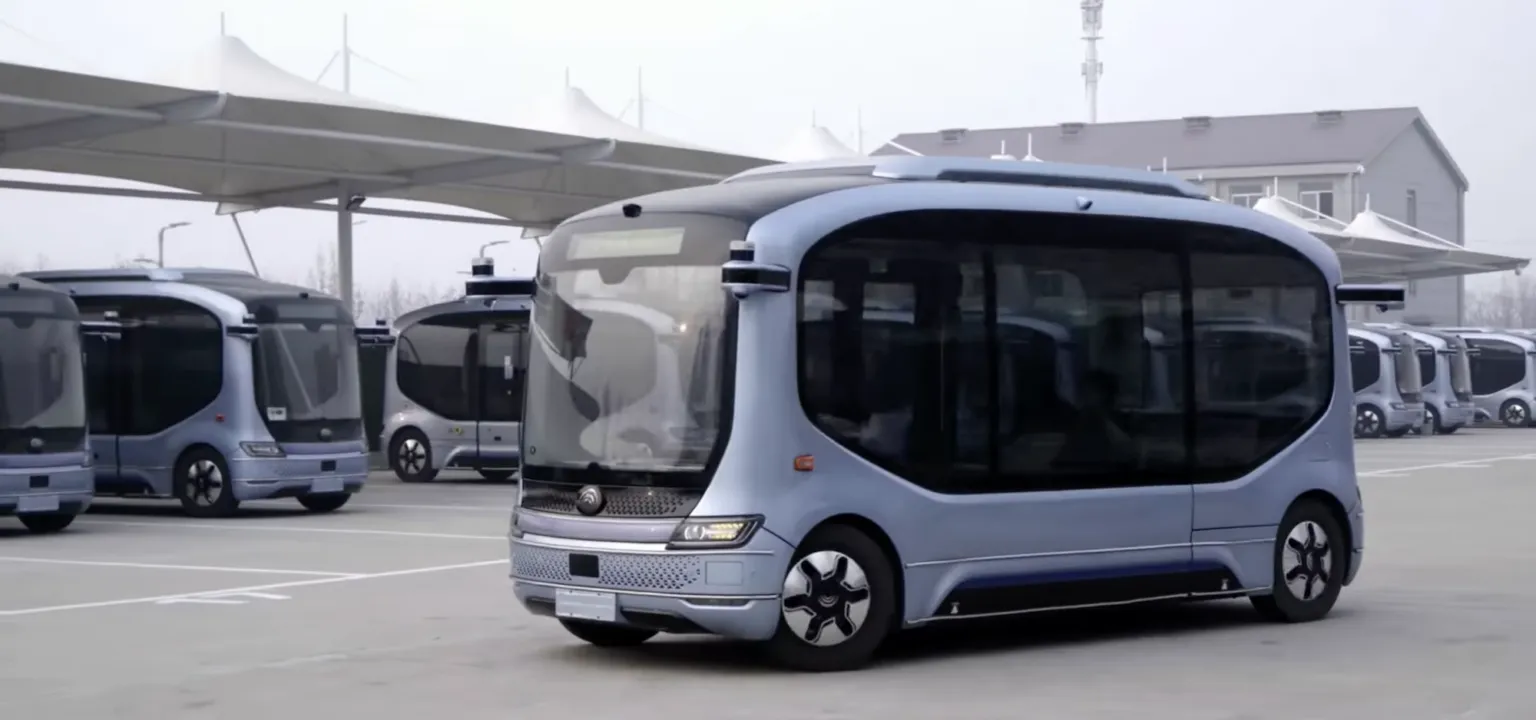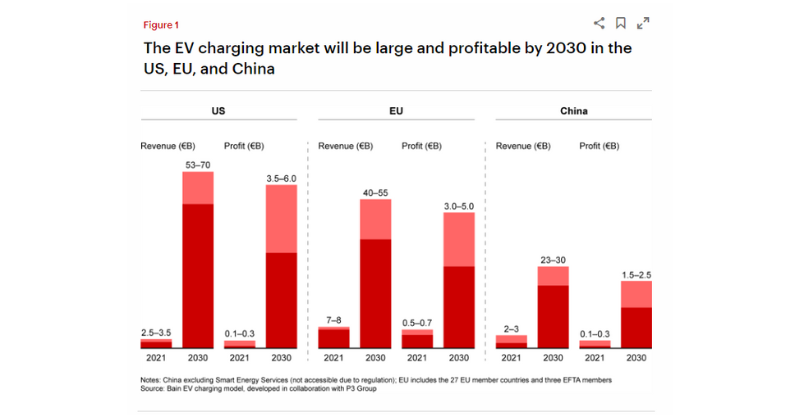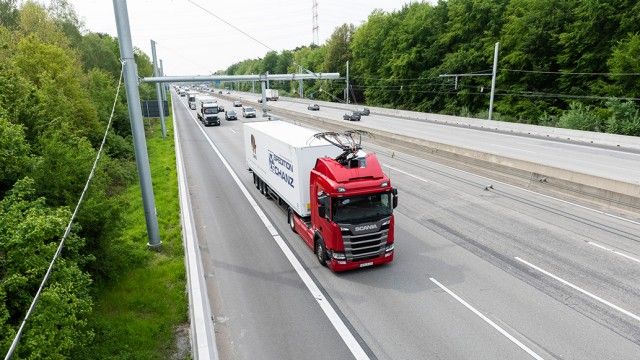
EV charging is about more than hardware
EV charging is not just about providing the hardware to plug your car into at night. While smart charging (and other demand management technologies) are starting to really gain traction, wireless charging is still at an early stage. But it has massive potential.
Summary: EV charging is not just about providing the hardware to plug your car into at night. Its as much a software challenge, in fact its likely that the software will become the key factor, with the hardware heading toward becoming a commodity.
Why this is important: Two areas that do not perhaps get the attention they deserve are smart charging solutions (software) and wireless charging. While smart charging (and other demand management technologies) are starting to really gain traction, wireless charging is still at an early stage. But it has massive potential. We highlighted its first application in a passenger car (the Genesis GV60) back in 2021. Now CleanTechnica is reporting its use in charging level 4 autonomous buses (10 passengers) in Zhengzhou, China.
The big theme: Investing in the infrastructure required to charge the growing number of EV’s should be a massive opportunity, potentially allowing investors to make a real difference to the transitions and earn a fair financial return. But what if the big opportunity isn't in at home EV chargers and/or fast chargers on motorways, but actually mid-sized, mid-speed chargers that can be used at workplaces and at travel and/or shopping destinations - integrated with battery storage and demand management tools! Or in chargers for buses and trucks/HGV's.

The details
Summary of a story from CleanTechnica
WiTricity (the Watertown, Massachusetts based company) partnered with YuTong Bus, the largest bus producer in China, to charge up YuTong’s autonomous electric buses. The buses are level 4 autonomous minibuses, going by the name Xiaoyu 2.0. They seat up to 10 people and have a full-charge driving range of about 150 km (93 miles). The wireless EV charging makes the trips more efficient and eliminates any need for bus drivers to get out and handle heavy cables. And that’s especially important for autonomous buses with no drivers! After all, if the buses are driverless, the charging needs to be as well.
Why this is important
While there is a lot of investor activity around the manufacturers of Electric Vehicles (EV’s) and to an extent the producers of their inputs (mainly battery manufacturers), there appears to be less interest in the providers of charging services. Work by the management consultancy firm Bain, suggests that this could be a large, and portable, industry by 2030.

But more importantly, they expect smart energy services and charging services to become a much larger profit pool than the provision of hardware. How does this relate to wireless charging ? That's easy, as vehicles become more autonomous, wireless charging really comes into its own. Autonomous vehicles cannot connect themselves to wired chargers, and they can easily park in just the exact place to make wireless charging work.
And they really suit applications such as buses and trucks/HGV’s. Buses can always stop in the same place, at bus stops and in depots. And trucks actually spend more time than you think loading and unloading - so another potentially great application for wireless charging.
And buses are already going electric. BNEF estimates that 44% of bus sales are now EV’s, with a global fleet size of nearly 700,000 vehicles. And while only 1% of global truck sales are EV’s , this is expected to grow rapidly over the coming decade. And, as a recent T&E report highlights...

So while solutions such as the highway overhead charging system we highlighted in our Dec 2022 blog will play a part, for depot and warehouse base charging, wireless is also likely to be part of the solution.
Something a little more bespoke?
Get in touch if there is a particular topic you would like us to write on. Just for you.
Contact us
Please read: important legal stuff.


